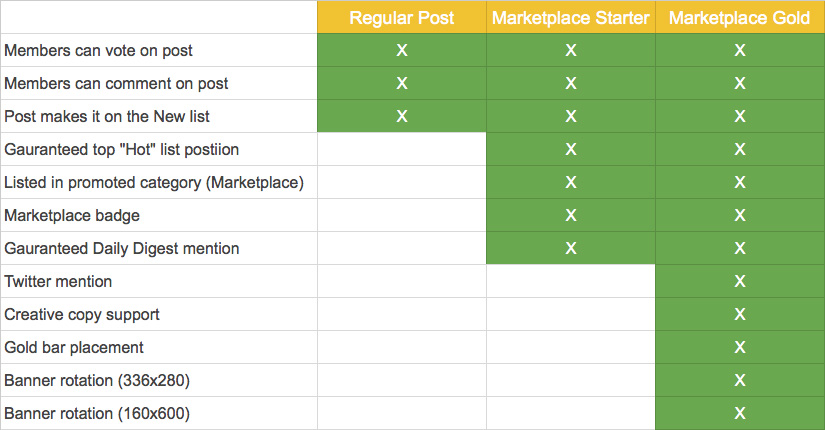Science Quiz: How many can you guess correctly?
Twelve Questions. Wide range of topics. How do you score? Are you in the six percent who got them all correct?
| You type: | You see: |
|---|---|
| *italics* | italics |
| **bold** | bold |
While we're very happy to have you in the Gulch and appreciate your wanting to fully engage, some things in the Gulch (e.g. voting, links in comments) are a privilege, not a right. To get you up to speed as quickly as possible, we've provided two options for earning these privileges.

Previous comments... You are currently on page 4.
Just teasing DB. You probably know this too.
sented myself as a scientist.
high-school grads would miss more than 5. -- j
.
.
.
.
when they said "... how the positions of the stars and the planets
can affect human life," and (2) they inserted "race" as a
category when "race" was not requested in the questions.
this tells me that Pew Research is leftist. -- j
.
BTW, "amplitude or height of a sound wave"? A sound wave has no "height", since it's a compressional wave.
However, I didn't like the sugar or nuclear power/weapons question. The answers were not clearly correct.
1. The sugar one does not provide adequate data for a conclusion. It is simply a correlation, and not a great R value.
2. The nuclear weapons one asks this of the elements is "required" for both. It is quite possible to make both a nuclear weapon and a nuclear reactor without uranium.
Interesting that "Asian" was left off the ethnicity demographic. Suspect we whiteys would be disappointed in our ethnic superiority here.
Just general knowledge if you ask me. But then I was schooled before the Dept of Education came about and I actually learned something.
"When in doubt C out"
Multiple guess is popular because it is easy to grade, and easy to defend in disputes about grading.
Load more comments...